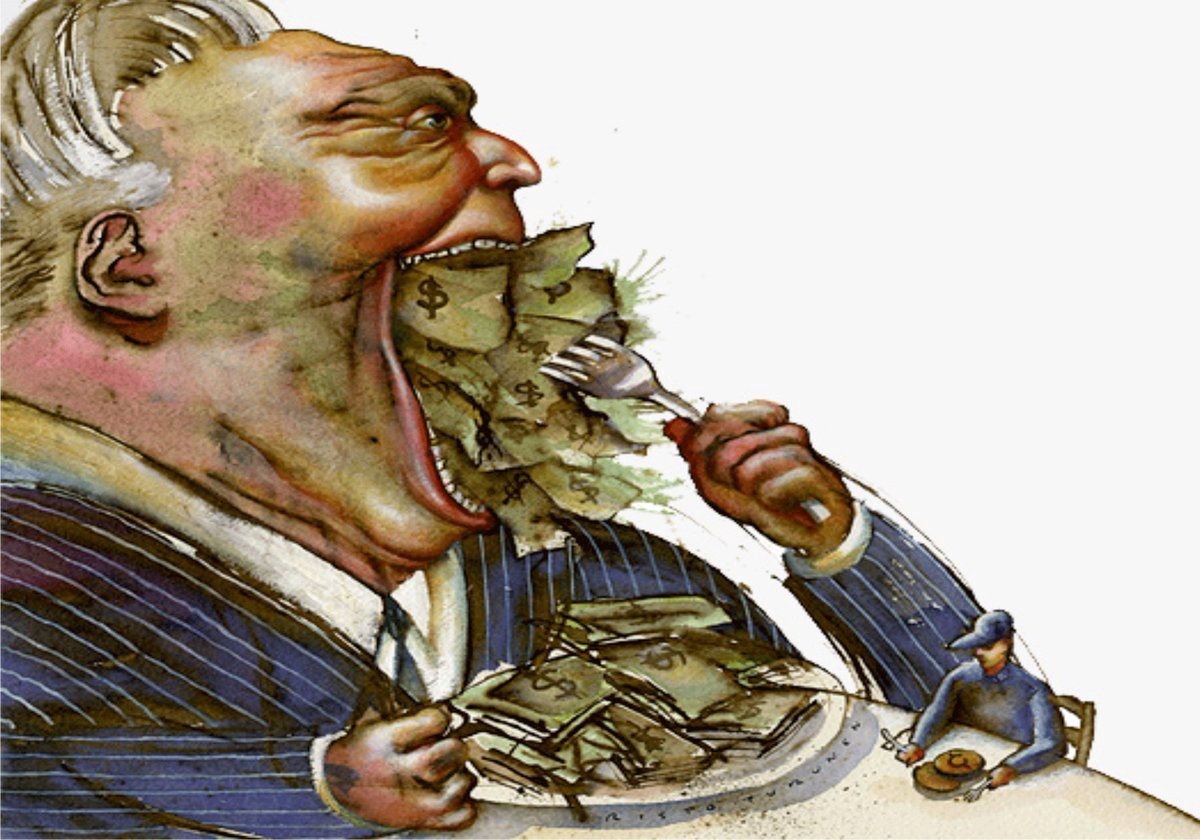Is unacknowledged influence plagiarism?
“If you are influenced by the idea of someone, then you acquired it without acknowledgement, can it be considered plagiarism?” Thank you, Jong Camallere, for a tricky question. A very large part of what we think and say comes from our interactions with others: what we have seen, heard, learned and read from them. Yet […]
Is unacknowledged influence plagiarism? Read More





